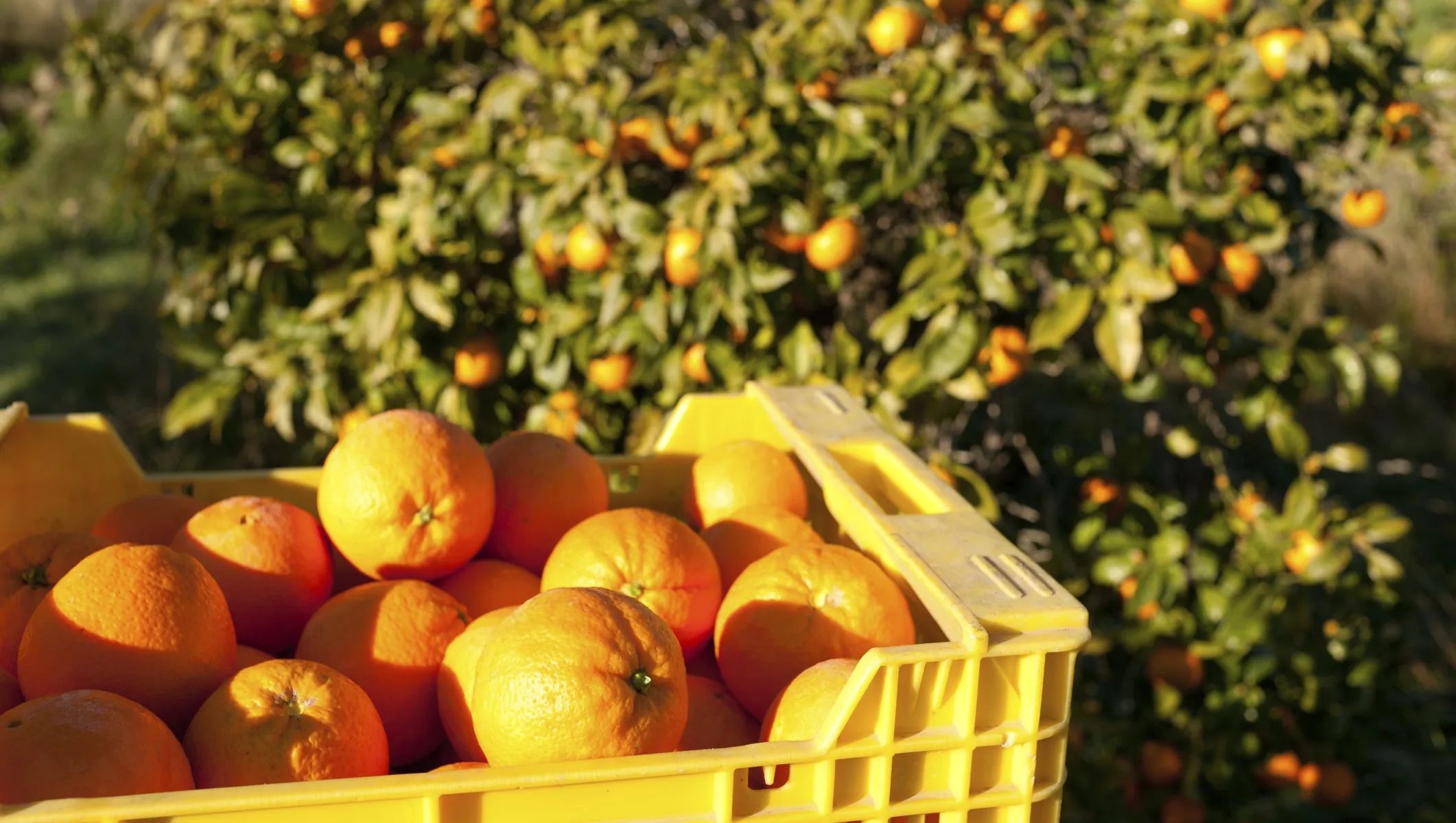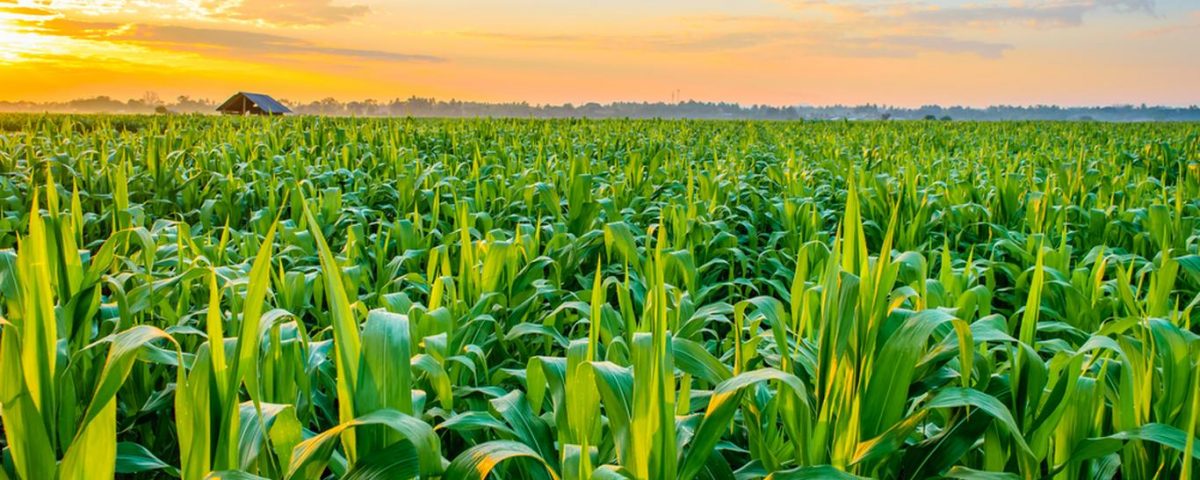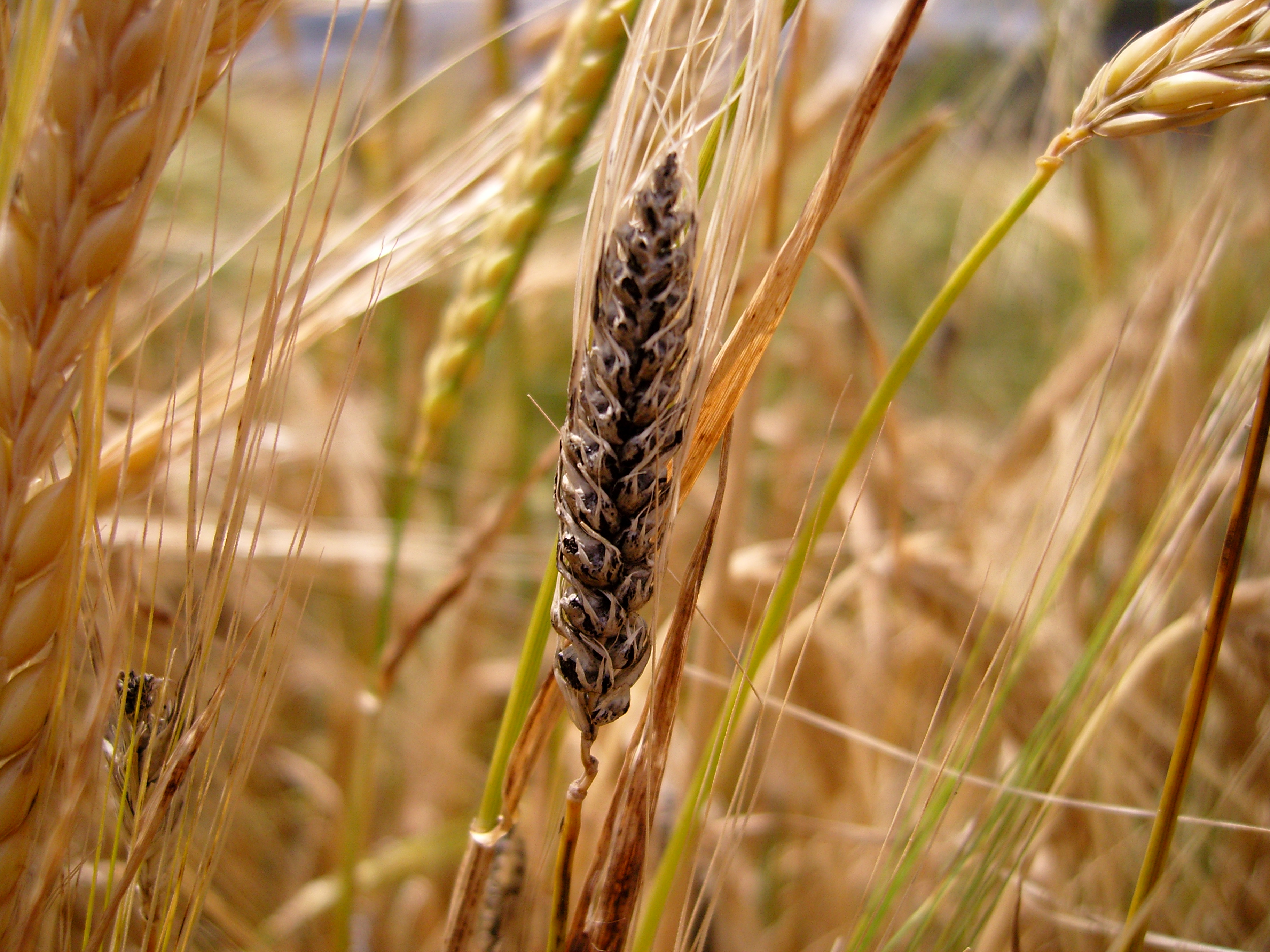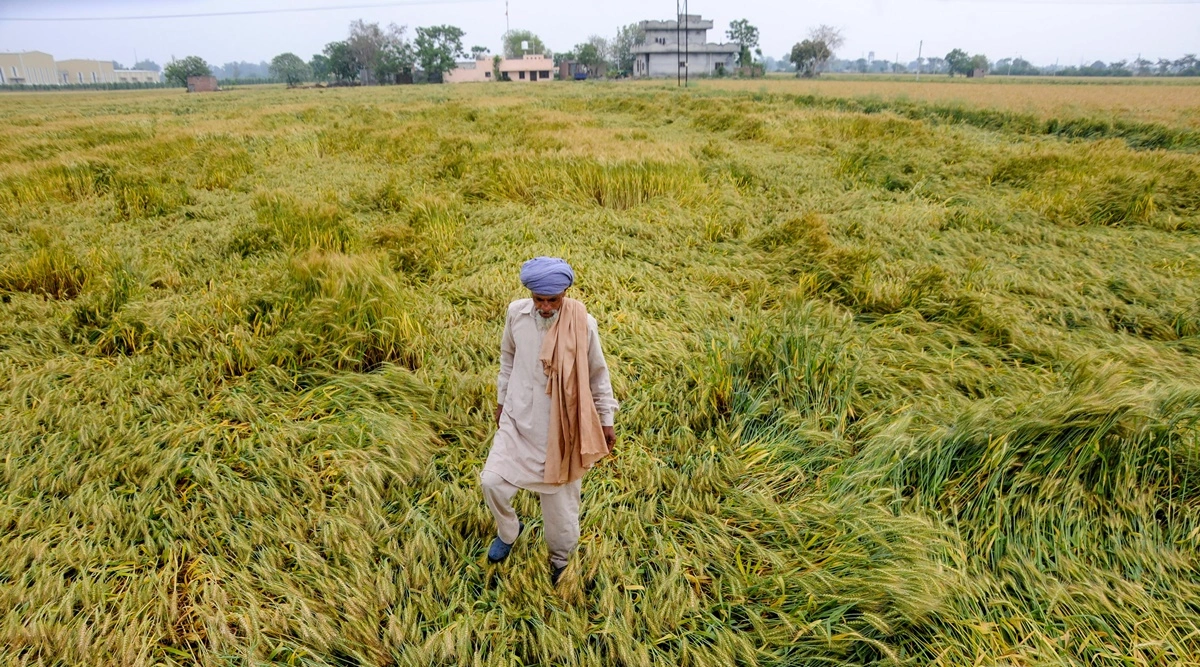“It’s looking ten times better than last year,” says Snyman Kritzinger, managing director of Grown4U in Kirkwood, and the winter has quickly turned cold, boosting colour development, while high rainfall has helped acids and residue levels to drop.
“The Eastern Cape will start and probably end the earliest with all of its citrus, including late mandarins, in at least thirteen years, which is how long I’ve been here,” he says. “Tangos are now testing perfectly in week 23, so we’ll probably start packing them next week. This week we’re finishing off the Clementine Nules and the Novas.”
However, he points out, one can only pick as fast as packing and cold room capacity allow. Rain, of course, always remains a possible brake on the pace of the citrus campaign.
Late mandarins are in a very good space
China always does well with the early Tangos, Snyman remarks.
“In the UK, Marks & Spencer, Waitrose and Morrisons all want to start with early Southern Hemisphere Tango and Nadarcott, all of our clients in Europe too, so the first Tangos will be spread widely.”
Clementines and Novas often run later, he says, overlapping with late mandarins, but they’ve been early too, and will segue nicely into the late mandarins.
Asian demand for late mandarins now outpaces growth
Late mandarins have course-corrected after a poor year in 2020 when exporters went finding new homes for them - and it’s paid off.
“Southern Hemisphere soft citrus producers have achieved an increase in mandarin consumption in countries like India, the Philippines, Thailand and Malaysia. We’ve awakened an appetite for this product, and South Africa probably played the largest role in calling late mandarin demand to life in Asia.”
He adds that explains why mandarin prices remain high, despite the tremendous growth in volumes which, a few years back, easily came to 50% year on year.
“Over the past two years the volume growth has flattened off, but meanwhile demand for mandarins from Asian countries keeps growing at a steady pace, now higher than the growth pace. So at the moment we’re undersupplying, just with much greater volumes.”
The demand is natural, he comments: once you’ve eaten a Tango or a Nadorcott, it sells itself.
This year Grown4U will also offer Leanri mandarins for the first time.
“Late mandarins are probably of the most price-elastic citrus products available, much more so than lemons. When you want three lemons, you’re not going to buy double because it’s on promotion but you’d still buy three even when it’s expensive."
There have been one or two weeks with large arrivals of South African clementines and Novas in Europe .
“There is always the risk of a downturn in the soft citrus market during the long European summer holidays, particularly when weather heats up,” he says, remarking that the market has crashed before during this time.
“But this year the market has been so low, and Peru has sent so much less and is so much later - I don’t think we’ll continue to see the prices of the past six weeks but I also don’t think the market will crash.”
"Unjust" phytosanitary rules limiting to citrus trade
The orange price has slightly nodded downwards from what, he says, has been a very high level.
“The orange market I think will only get stronger until August arrivals.”
The Spanish and Moroccan orange crops were lower, Egypt is ending much earlier than expected with very small sizes this year and so, he says, there’s huge opportunity for oranges in Europe and probably the shortest market in Europe in many years.
Their early navels are packed and on the water; Grown4U’s first container will arrive in China on 19 June and before that in Europe.
Their Valencia season starts in week 25, also a week or so earlier.
He observes that the new cooling protocol to Europe and stricter phytosanitary rules put a limit on what can go to Europe which is challenging, he admits, but also keeps the market from being oversupplied.
“The old saying “be careful what you wish for” is coming into play. Unfair and unjust implementation of certain phytosanitary regulations pushed for by the minority in Europe is now starting to regulate the supply to such an extent that Europe will be short supplied especially on oranges, and unfortunately everyone in Europe will pay the price for these unjustified actions or vendettas of a few.”
Eastern Cape: light late flower lemon crop
For the same reason the European lemon market will remain stable for the whole of the South African campaign, he expects, compounded by low Spanish Verna supplies and Argentina’s extremely late and small-sized lemon crop.
“Currently we are seeing a steady supply of lemons into Europe. It is still well below the million carton per week shipping barrier which, in the past, would be the trigger for the market to get nervous, like after two or three consecutive weeks of more than a million cartons per week being shipped.”
He continues: “After spending time in the orchards last week, I realized that the Eastern Cape, which is the main lemon producing area in South Africa, has a very light late flower crop. By the end of July there will be at most 10 to 15% of the lemon crop left to be harvested and the Sundays River Valley, the lemon season will finish very early this year.”
If the sizing is right – counts 64 up to a 100 – such lemons can go to Russia but the market is not performing fantastically, Snyman notes, even though there’s not a lot of fruit.
One gets the feeling, he comments, that the Russian economy and currency are now starting to feel the strain of the ongoing war.
Favourable exchange rate for exports
He notes a slight relief of freight rates for exporters, and it’s shifting back to normal levels prior to Covid.
“With the exchange rate at its current level the grower can get R1,000 more per tonne, in Rand terms, just as a result of the exchange rate. It could change tomorrow," he remarks, "but it’s unlikely. We’re grateful for it but it will most likely have an effect on input costs for next year’s crop.”
Source - https://www.freshplaza.com













